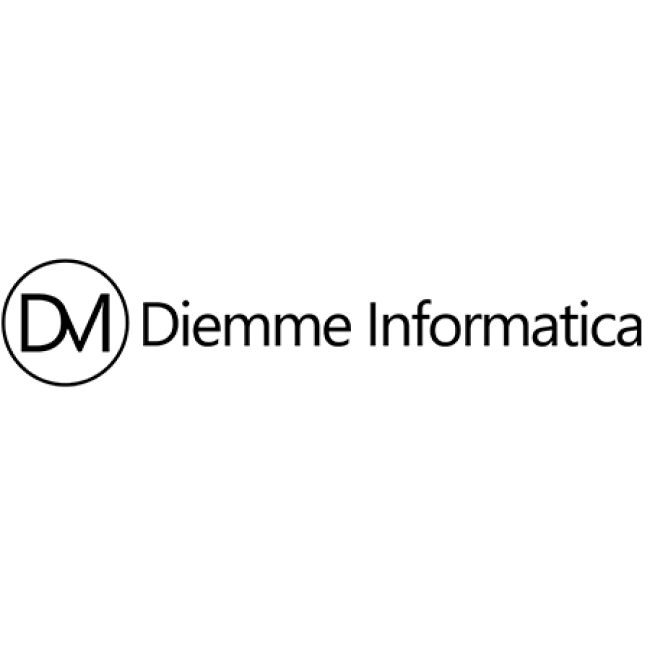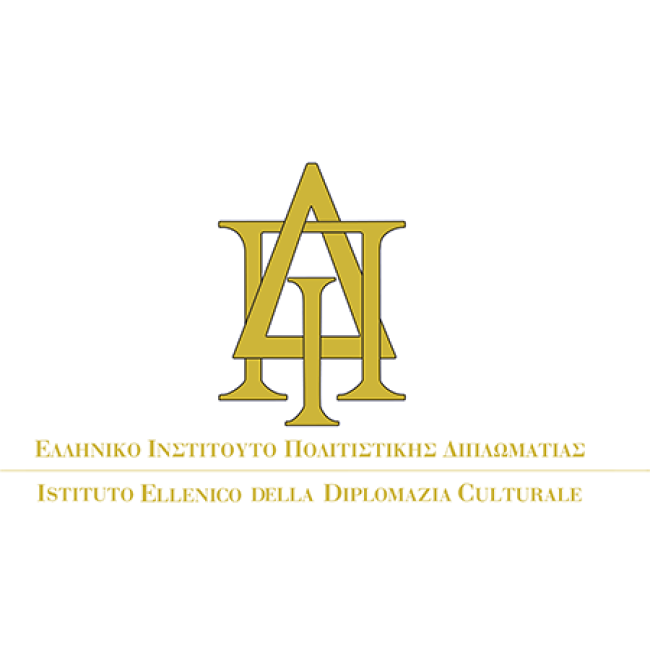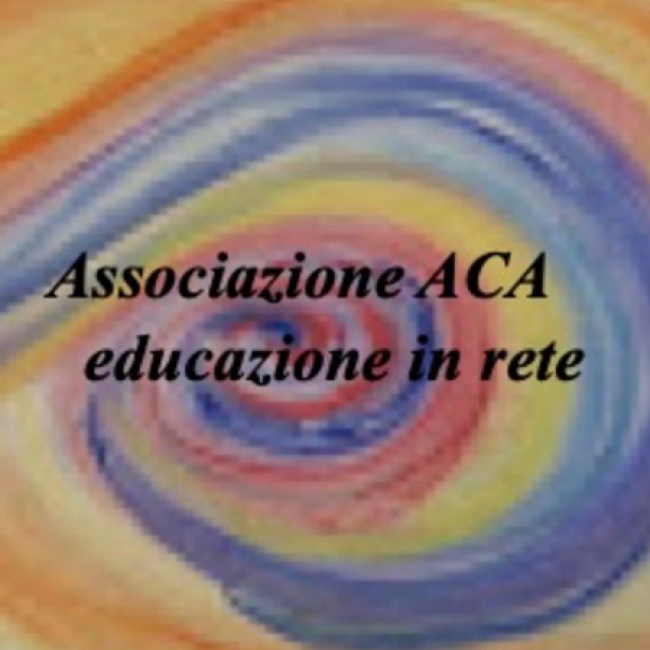Bachelor's Degree in Religious Studies
The Bachelor's Degree in Religious Sciences, "aims to promote the religious formation of the laity and consecrated persons, for their more conscious and active participation in the tasks of evangelization in today's world, also favoring the assumption of professional employment in ecclesial life and in the Christian animation of society; to prepare candidates for the various lay ministries and ecclesial services; to qualify teachers of religion in schools of all levels" (Congregation for Catholic Education, Instruction on Higher Institutes of Religious Sciences [2008], no. 3). Successful completion of this degree program requires the attainment of 180 ECTS.
Modules and content
The objective of this Degree Course is to increasingly qualify the student in the subject of Theology, so that serious skills are acquired in the areas of philosophy, Bible and Church history.
Professional Outlets
The Bachelor's Degree in Religious Studies offers several possibilities for employment in the world of work. Below is a sample of some of the possible employment outlets:
- Teaching of the Catholic Religion at public and private institutions
- Collaboration with Ecclesiastical Institutions as Workers in Family Pastoral Care, Pastoral Care
Health Care, and Catechesis
- Liturgical Animators
- Animators of oratories
First Year
M-STO/08 - Research Methodology - 4 ECTS
M-FIL/06 - History of ancient and medieval philosophy - 6 ECTS
M-FIL/07 - Systematic Philosophy: Introduction to Philosophy and Philosophy of Knowledge - 4 ECTS
M-FIL/07 - Systematic Philosophy: Philosophical Anthropology - 3 ECTS
M-FIL/07 - Systematic Philosophy: Moral Philosophy - 3 ECTS
L-OR/08 - Sacred Scripture: Introduction to Sacred Scripture - 4 ECTS
L-OR/08 - Sacred Scripture: Pentateuch and Historical Books - Introduction and Exegesis - 6 ECTS
L-FIL-LET/06 - Sacred Scripture: Synoptic Gospels - Lucan Work - Introduction and Exegesis - 6 ECTS
M-FIL/06 - Theology: Introduction to Theology - 8 ECTS
M-FIL/03 - Moral Theology: Fundamental Moral - 6 ECTS
M-STO/07 - Early and Medieval Church History - 6 ECTS
- Synthesis paper - 2 ECTS
SPS/08 - Comparative texts: Social Doctrine of the Church - 2 ECTS
Second Year
M-FIL/06 - History of modern and contemporary philosophy - 6 ECTS
M-FIL/01 Systematic Philosophy: Metaphysics and Theodicy - 4 ECTS
L-OR/08 - Sacred Scripture: Sapiential Books - Introduction and Exegesis - 2 ECTS
L-OR/08 - Sacred Scripture: Prophetic Books - Introduction and Exegesis - 2 ECTS
L-FIL-LET/06 - Sacred Scripture: Letters of St. Paul - Introduction and Exegesis - 4 ECTS
M-STO/07 - Dogmatic theology: trinitarian and Christological theology - 10 ECTS
M-STO/07 - Dogmatic Theology: Ecclesiology - Ecumenism - 6 ECTS
M-STO/07 - Dogmatic Theology: Mariology - 2 ECTS
M-STO/07 - Modern and Contemporary Church History - 6 ECTS
M-FIL/03 - Moral Theology: Family and Sexual Morality - 4 ECTS
IUS/11 - Canon law - 4 ECTS
- Synthesis paper - 2 ECTS
M-FIL/01 - Fundamental Catechetics I - 2 ECTS
Third Year
M-FIL/06 - Systematic Philosophy: Contemporary Philosophical Instances - 2 ECTS
L-FIL-LET/06 - Sacred Scripture: 4th Gospel - Letters of St. John and Revelation - Introduction and Exegesis - 6 ECTS
M-FIL/03 - Dogmatic Theology: Theological Anthropology - 10 ECTS
M-FIL/03 - Dogmatic Theology: Eschatology - 2 ECTS
M-STO/06 - Dogmatic Theology: Introduction to the Sacraments and Sacramentary - Penance, Anointing of the Sick, Holy Orders - 4 ECTS
M-STO/06 - Dogmatic Theology: Introduction to the Sacraments and Sacramentary - Christian Initiation, Marriage - 6 ECTS
L-OR/08 - Biblical Theology: Exegesis of selected passages - 2 ECTS
M-FIL/01 - Spiritual Theology - 4 ECTS
M-STO/07 - Liturgy - 4 ECTS
L-FIL-LET/06 - Patrology: Introduction to Patrology - 4 ECTS
SPS/08 - Moral Theology: Social Morality - 4 ECTS
M-FIL/01 - Fundamental Catechetics II - 4 ECTS
L-LIN/12 - English Language - 0 ECTS
Final Examination - 14 ECTS












